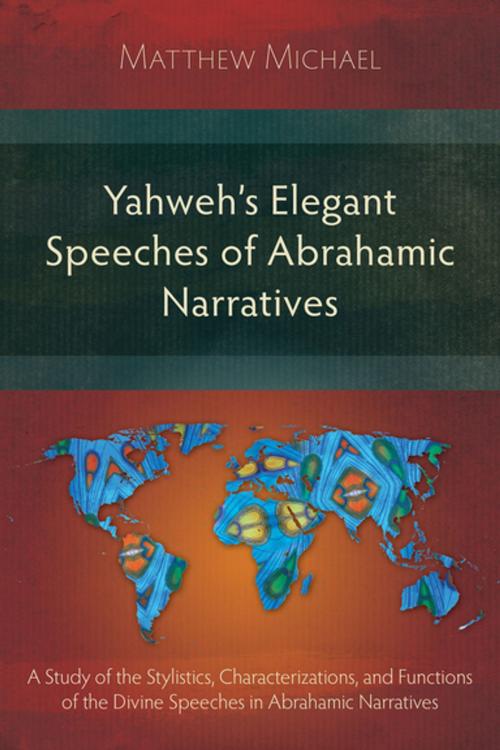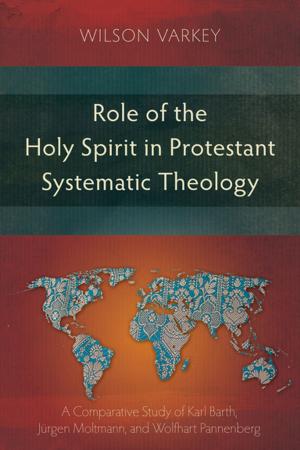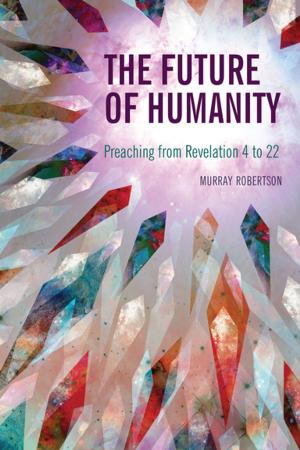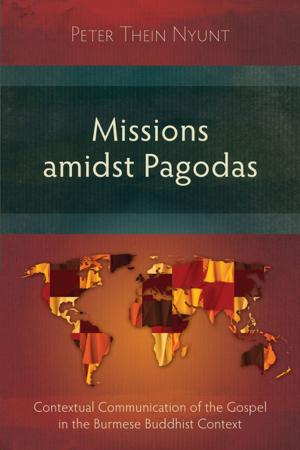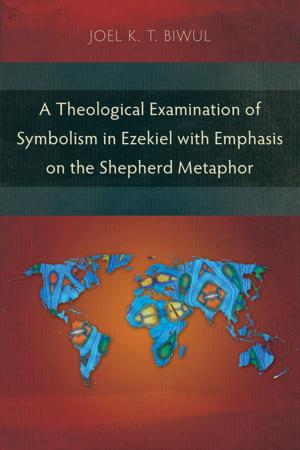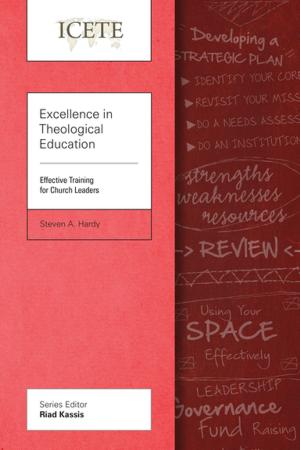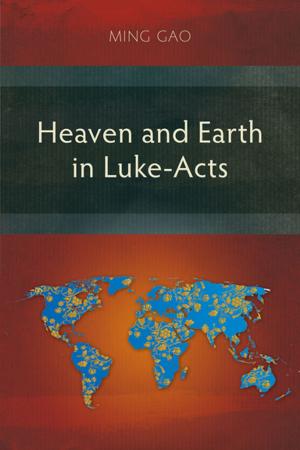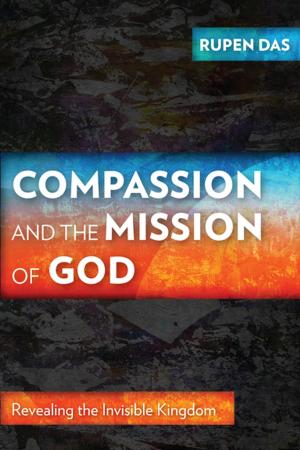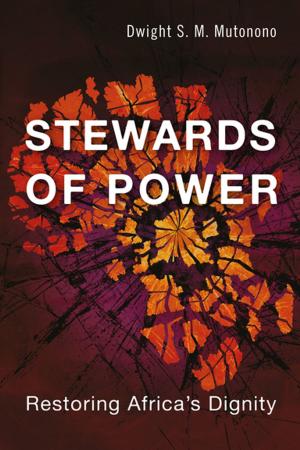Yahweh's Elegant Speeches of the Abrahamic Narratives
A Study of the Stylistics, Characterizations, and Functions of the Divine Speeches in Abrahamic Narratives
Nonfiction, Religion & Spirituality, Bible & Bible Studies, Study, Old Testament| Author: | Matthew Michael | ISBN: | 9781783689743 |
| Publisher: | Langham Creative Projects | Publication: | May 14, 2014 |
| Imprint: | Langham Monographs | Language: | English |
| Author: | Matthew Michael |
| ISBN: | 9781783689743 |
| Publisher: | Langham Creative Projects |
| Publication: | May 14, 2014 |
| Imprint: | Langham Monographs |
| Language: | English |
This work is a study in the attribution, aesthetics and representations of Yahweh’s speeches in the Hebrew Bible. It describes the literary elegance and beauty of the speeches of Yahweh in the Abrahamic narratives. Employing a synchronic reading of the Abrahamic cycle, it underscores the presence of various literary devices in the divine speeches (12:1-9, 13:1-18, 15:1-21, 17:1-27, 18:1-33, and 22: 1-19). Specifically, it engages the high concentration, literary effects and use of metaphors/metaphoric language, similes, alliterations, wordplays, euphemisms, hyperboles, repetitions, allusions and other distinctive literary features in the speeches of Yahweh which are deliberately denied, and glaringly absent in the speeches of the other main characters of the Abrahamic narratives (e.g. Abraham, Sarah, and Hagar). Similarly, it demonstrates the importance of these elevated speeches in the narrative world of Abrahamic epic. Most importantly, it also highlights the ideological significance of these decorated speeches of Yahweh to the original audience of the narrator who presumably identified with their excessive optimism and rhetoric. Consequently, this book is a pioneering work in the contemporary study of stylistics, characterizations and functions of attributed speeches in the Hebrew narratives.
This work is a study in the attribution, aesthetics and representations of Yahweh’s speeches in the Hebrew Bible. It describes the literary elegance and beauty of the speeches of Yahweh in the Abrahamic narratives. Employing a synchronic reading of the Abrahamic cycle, it underscores the presence of various literary devices in the divine speeches (12:1-9, 13:1-18, 15:1-21, 17:1-27, 18:1-33, and 22: 1-19). Specifically, it engages the high concentration, literary effects and use of metaphors/metaphoric language, similes, alliterations, wordplays, euphemisms, hyperboles, repetitions, allusions and other distinctive literary features in the speeches of Yahweh which are deliberately denied, and glaringly absent in the speeches of the other main characters of the Abrahamic narratives (e.g. Abraham, Sarah, and Hagar). Similarly, it demonstrates the importance of these elevated speeches in the narrative world of Abrahamic epic. Most importantly, it also highlights the ideological significance of these decorated speeches of Yahweh to the original audience of the narrator who presumably identified with their excessive optimism and rhetoric. Consequently, this book is a pioneering work in the contemporary study of stylistics, characterizations and functions of attributed speeches in the Hebrew narratives.
